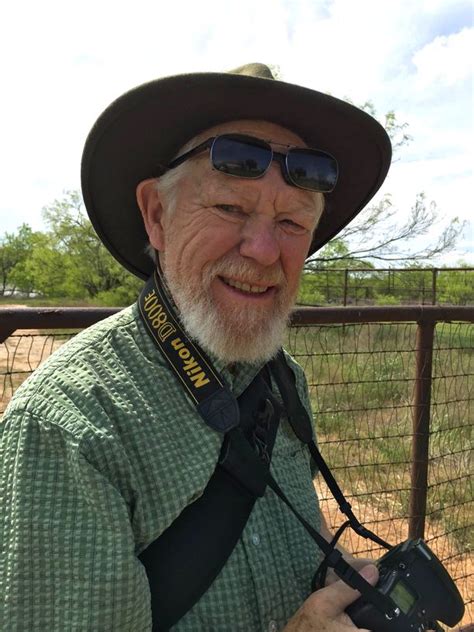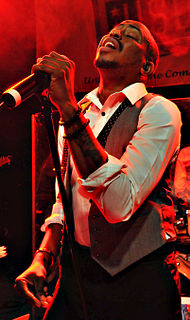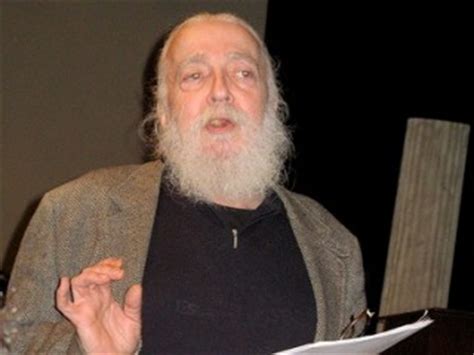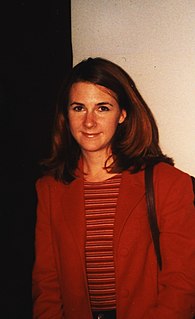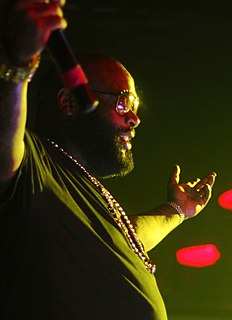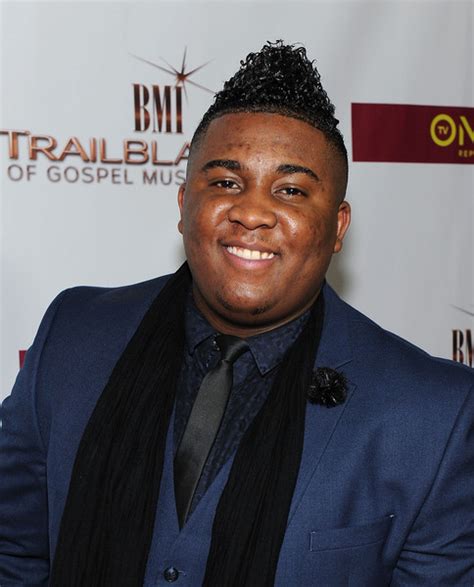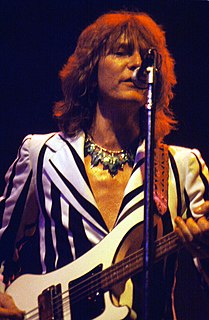A Quote by Roxane Gay
The open letter has always been an interesting rhetorical strategy - a way of delivering a pointed message to a specific individual or group while also reaching a wide audience.
Related Quotes
The documentary style is an incredibly flexible and useful one. It's a wonderful tool for establishing the credibility of the version of things that's in the photograph - a kind of rhetorical device or rhetorical strategy. It's always felt very natural to me, because I want a person to end up thinking about the world, and to think about it in a way that is transformed by the experience of art.
Any group or "collective," large or small, is only a number of individuals. A group can have no rights other than the rights of its individual members. In a free society, the "rights" of any group are derived from the rights of its members through their voluntary individual choice and contractual agreement, and are merely the application of these individual rights to a specific undertaking... A group, as such, has no rights.
The way Donald Trump talks about the problems of black Americans as a kind of separate group who are not part of his audience but he's kind of reaching over his audience or behind his audience to black Americans, saying what have you got to lose? As in you might as well join me because the Democrats haven't done anything for you. But joining me means joining this group that already supports me.
I'm very interested in clans and the way people group together, and there's a lot of group shots. There's a lot of people in positions that people feel like they're in attack mode, kind of pointed at each other in the frame. I'm not a big fan of shooting something that looks like it could belong in any movie, I'm not a fan of okay, "wide shot, wide shot, medium shot, close-up, close-up, we'll figure it out in post." I hate that.
Anytime you have a female protagonist, it's going to turn into some feminist angle, and it's not a conscious thing on my part. It's only recently that that's been pointed out by the media . . . or pointed out by fans. I also find complicated, flawed characters interesting. What's the opposite? To play one-dimensional, boring failures?
Robert Nozick [a Havard philosopher, famous for his book "Anarchy, State and Utopia"] defined revenge as delivering the message that you know what someone has done, and it doesn't involve hurting them or doing anything to them beyond that. It's just delivering the message that their crime has been noted not just by its victims, because the victim might be dead, but by another who has a different moral view and will challenge the perpetrator's view.
Smart brands never try to appeal to more than their audience group. Assuming you're audience is one of the segments that watches, it's your chance to galvanize this specific group, which is larger here than anywhere else, with a bold new idea that can re-magnetize the human/brand connection for a new year.
. . . I felt that making her one-dimensional would be an insult to the audience, and also not as interesting. All destructive people have an inner side to them, and the more three-dimentional your characters are on screen the more compassion you can open up in an audience . . .. To me, that involves the audience more, it stimulates them and asks more of them.

